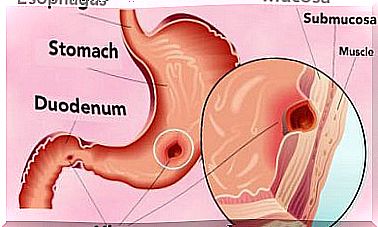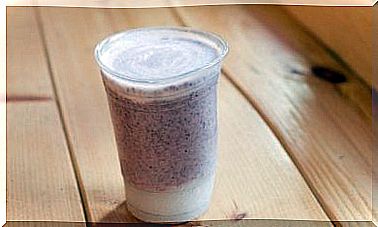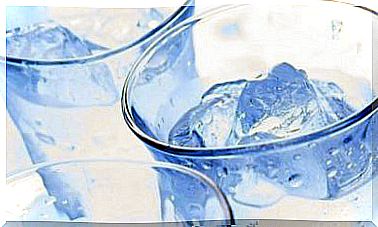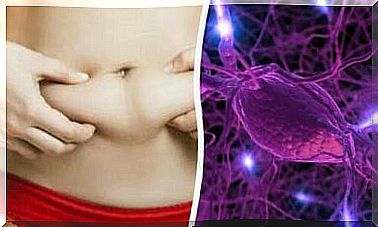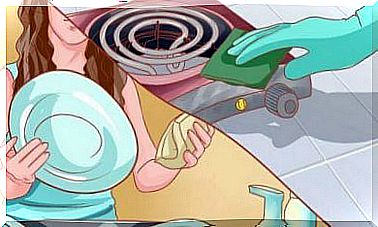Everything You Need To Know About Vitamin B12
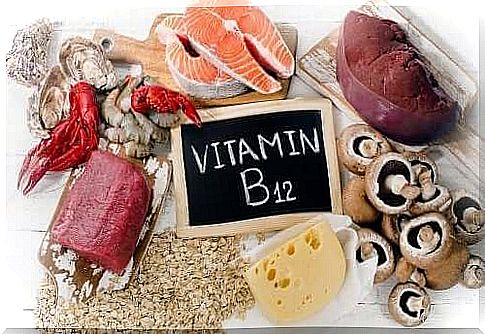
Vitamin B12 is essential for your body because it helps it perform several important processes. For example, it helps your body convert the food you eat into glucose, which it needs to convert food into energy.
Join us and discover everything you need to know about vitamin B12, which is also called cobalamin. We tell you what it does, in addition to recommending some foods that give you this vitamin.
Keep reading to find out more!
All about vitamin B12
Vitamin B12 is a water-soluble vitamin that is very important for blood cell formation, cell metabolism, nerve function and DNA production. It also helps prevent megaloblastanemia.
Recommended daily dose
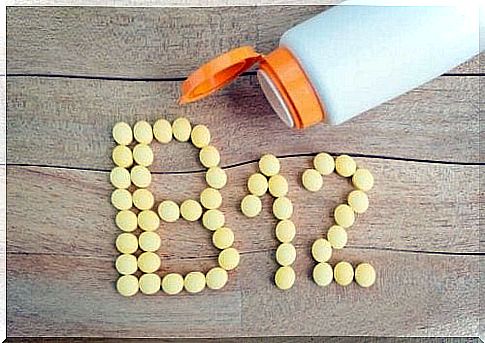
The daily amount of vitamin B12 you should take depends on your age:
- Infants should receive between 0.4 and 0.5 µg during their first year of life, and 0.9 µg until they are 3.
- Children between 3 and 8 years should get 1.2 µg, and when they are between 8 and 13 they should get 1.8 µg.
- Children between 13 and 18 years of age should receive 2.4 µg, after which the dose remains the same.
- Women who are pregnant or breastfeeding should take 2.6 and 2.8 µg, respectively.
2. How your body absorbs vitamin B12
By eating foods rich in vitamin B12, your stomach acid separates it from the proteins it is linked to. Then cobalamin is combined with a stomach protein to be absorbed into your body.
However, there are some who cannot produce this stomach protein, such as those who suffer from pernicious anemia. They usually have problems absorbing vitamin B12.
Although it is rare to have a cobalamin deficiency, it is not impossible. People who suffer from it may show the following symptoms:
- A feeling of needles in the hands and feet.
- Movement problems from injuries to peripheral nerves.
- Pale or yellowish skin.
- Extreme fatigue, related to pernicious anemia.
- Fast heartbeat.
- Shortness of breath.
3. The benefits of cobalamin

At the beginning of this article, we mentioned that vitamin B12 is important for your body to function and function properly.
Some of the key benefits are:
- It can reduce the risk of heart disease.
- This vitamin helps reduce the risk of birth defects.
- It prevents megaloblastanemia. It does this by helping to produce red blood cells properly.
- B12 maintains bone health and prevents osteoporosis. Various studies have found that a vitamin B12 deficiency may be related to low bone density.
- It can reduce the risk of macular degeneration by reducing homocysteine. In general, high levels of this hormone are associated with this disease.
- This vitamin can improve your mood. Research has found that cobalamin can help people suffering from depression. In fact, it can even be used as a medicine supplement.
- It improves memory.
- B12 promotes the growth of hair and nails, as well as improving the health of the skin. This is because of all the work this vitamin does during cell production.
4. Foods rich in vitamin B12
This vitamin is found in many different foods. It is usually found mainly in animal products, which means that those who have a vegan or vegetarian diet may suffer from a vitamin B12 deficiency.
Some of the main foods that contain this vitamin are:
- Liver and kidneys: These are the two foods with the highest amount of B12, especially in lambs. In fact, 100 grams of lamb liver contains 990% of the recommended daily dose.
- Mussels: Not only do they have lots of vitamin B12, but they also have antioxidants and proteins.
- Sardines: For every 150 grams, they give twice the recommended daily dose of B12.
- Grains with added vitamin B12: Choose grains with added cobalamin. Therefore, check the food label before you shop!
- Tuna: 100 grams of tuna provide 160% of the required daily dose of B12.
- Salmon: 180 grams of salmon provides 80% of our daily amount of B12.
If you experience any of the above symptoms of a vitamin B12 deficiency, do not hesitate to talk to your GP. Remember that the best thing is always that a specialist helps you follow a balanced diet that is right for you.
